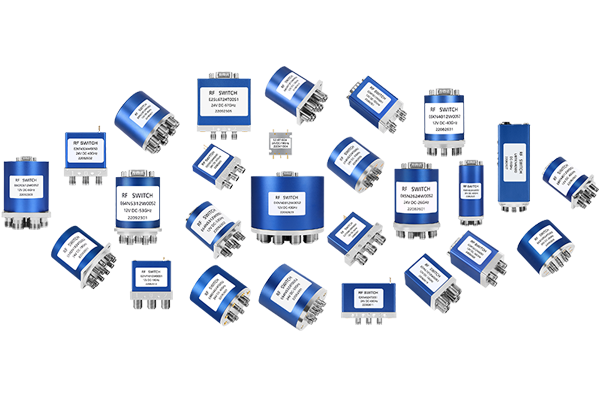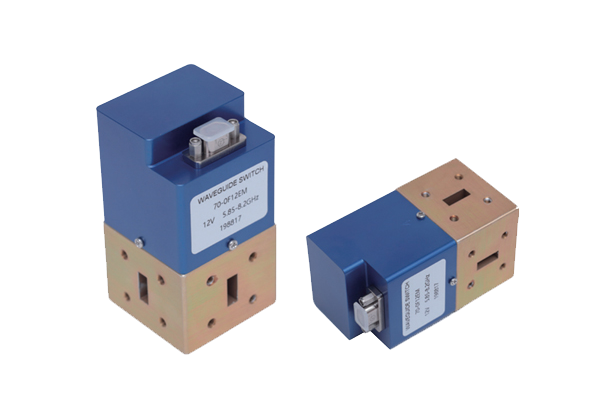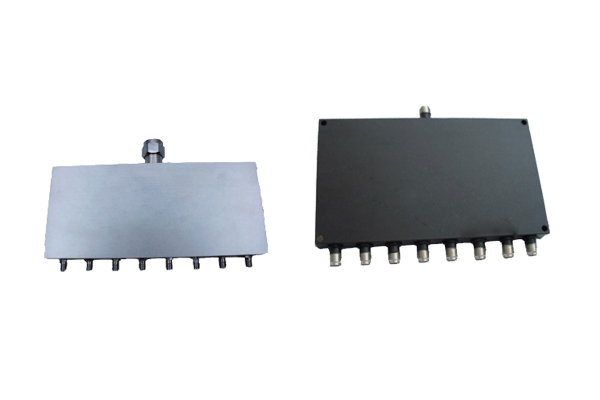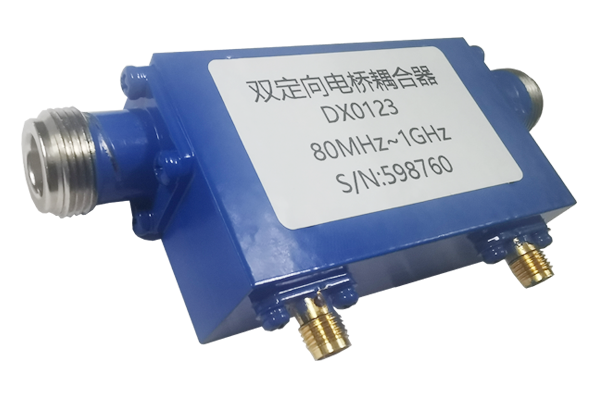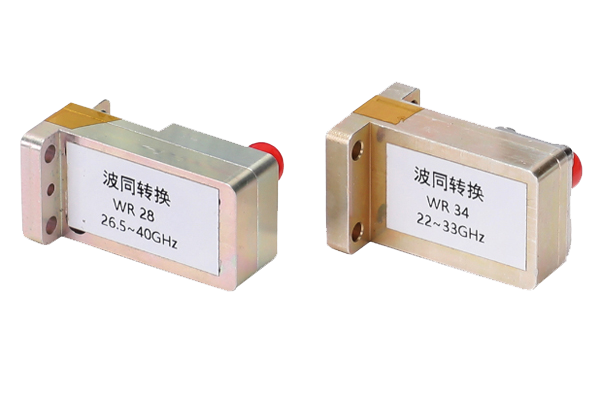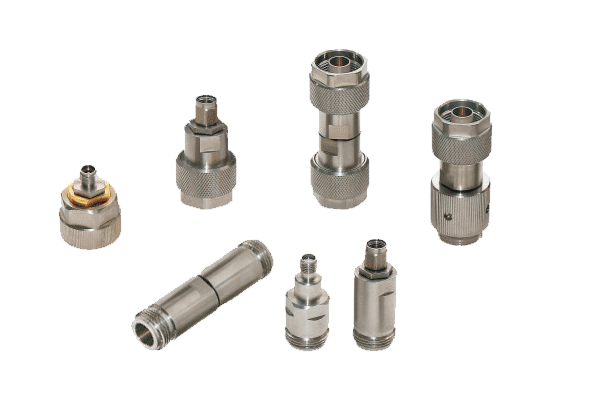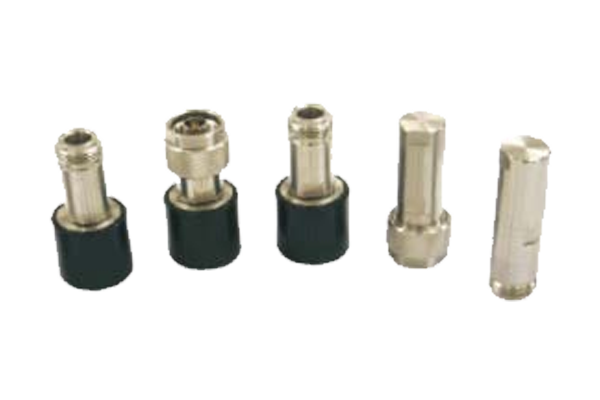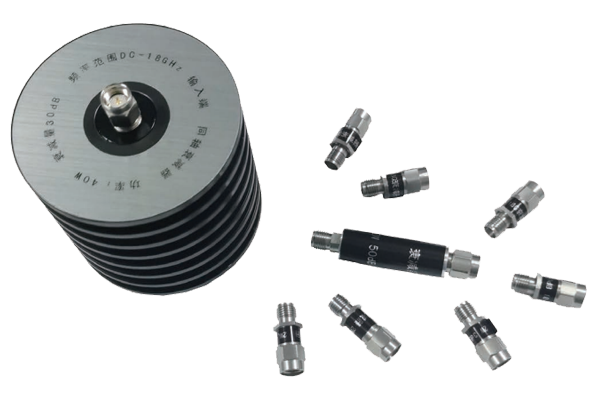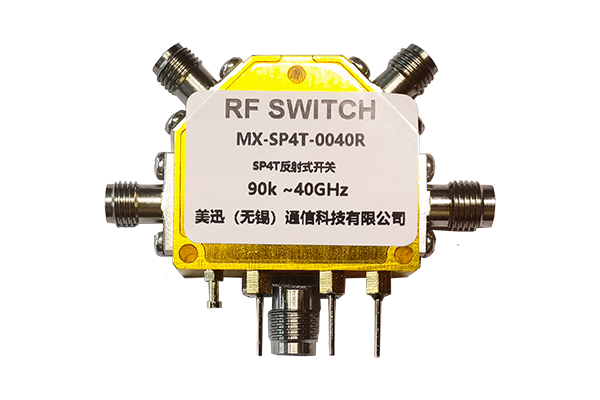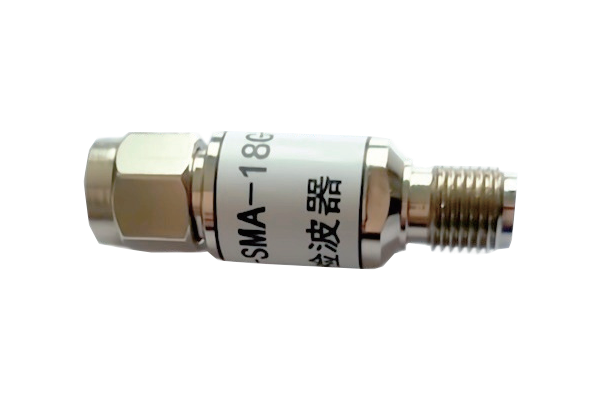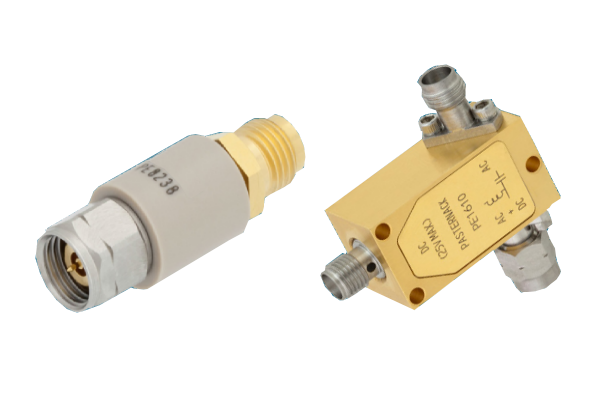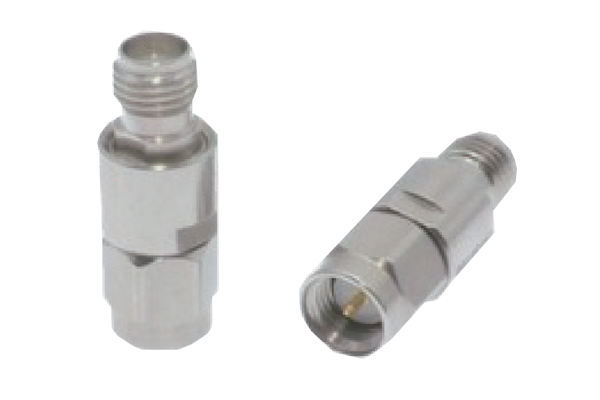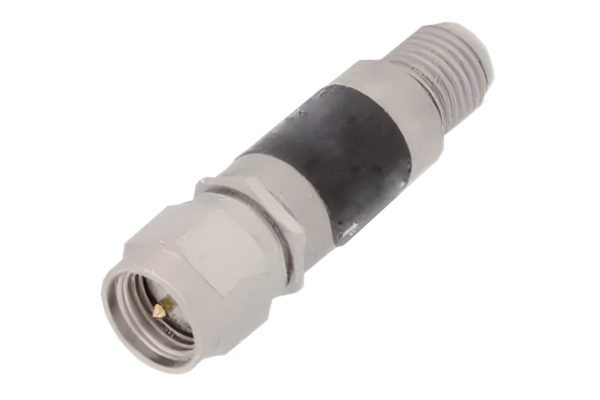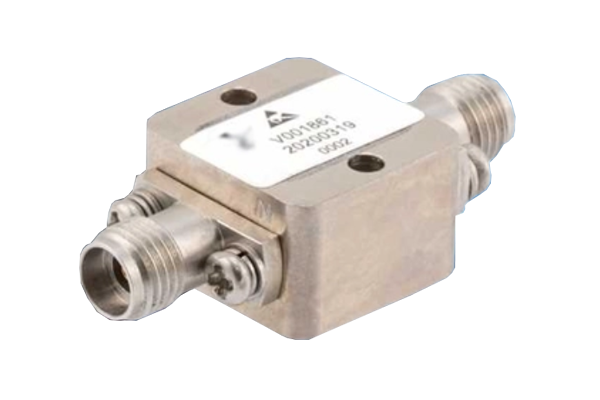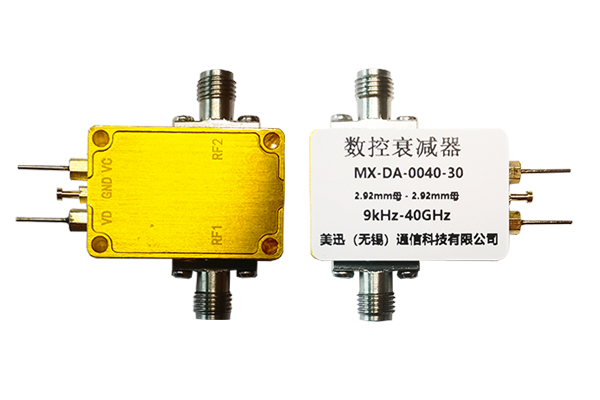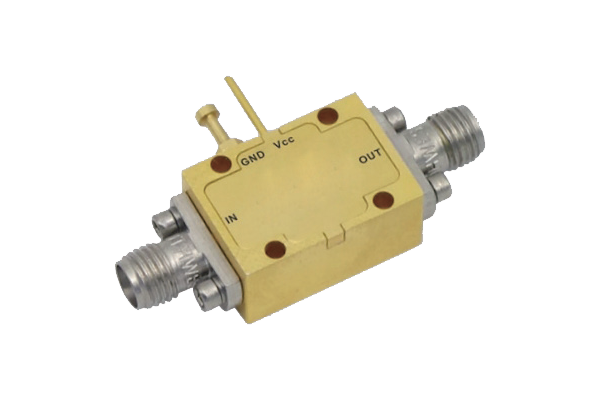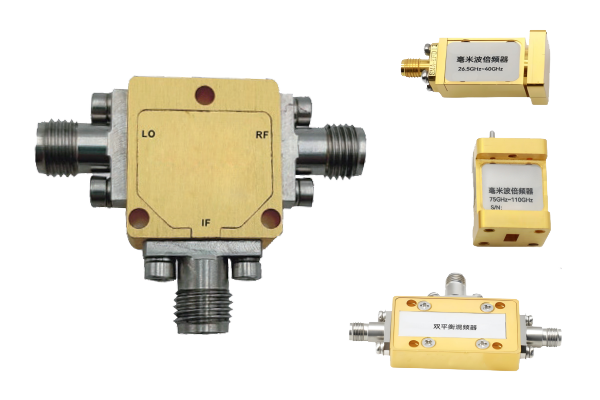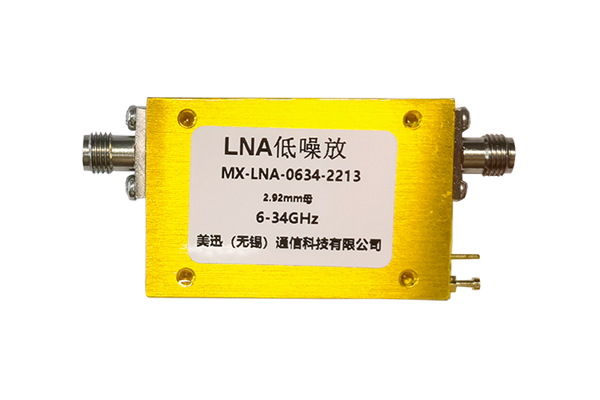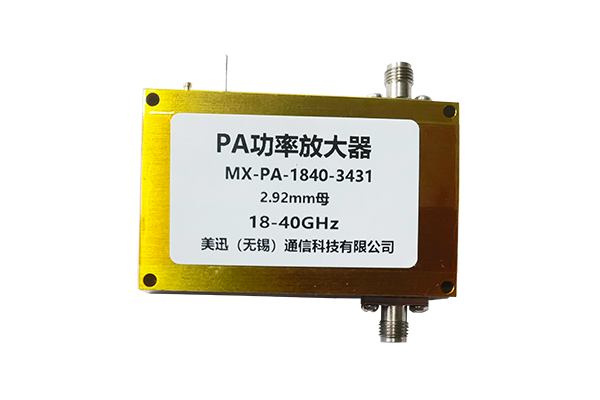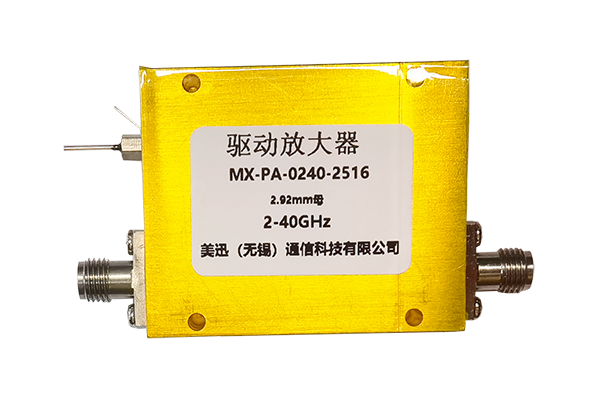Common Faults of RF Pin Diode Switches
RF Pin Diode Switch Failure Analysis
Comprehensive analysis of common failure modes and their root causes
Abnormal Diode Performance
- 1As a core component, diodes in the RF pin diode switch are prone to performance degradation or failure.
- 2After long-term use, diodes may experience increased forward resistance due to excessive current or high temperature.
- 3This results in reduced signal conduction efficiency in the RF pin diode switch.
- 4If the diode is subjected to a reverse voltage shock, it may break down and damage, directly causing switch malfunction.
- 5This type of failure is often related to the diode's quality or operating current and voltage outside the rated range.
- 6Professional equipment is required to test the diode's electrical parameters to determine if there are any abnormalities.
Abnormal Signal Transmission
- 1Increased loss or interference often occur during signal transmission in the RF pin diode switch.
- 2When the waveguide structure or connection interface becomes loose, deformed, or contaminated.
- 3This leads to increased signal energy loss during transmission and decreased output signal strength.
- 4If the RF pin diode switch electromagnetic shielding is inadequate, external signals can intrude.
- 5This disruption causes noise and distortion in the output signal, impacting system stability.
Switching Failure
- 1Switching failure manifests as an inability to properly switch signal paths or delayed switching.
- 2If the RF pin diode switch internal drive circuit is damaged or drive voltage is insufficient.
- 3Control components will not function properly and signal path switching will fail.
- 4If internal mechanical transmission components become stuck, worn, or jammed.
- 5Switching delays or even failure will occur in the RF pin diode switch.
- 6Such failures can directly prevent the switch from completing state transitions as instructed.
External Environmental Failures
- 1External environmental factors can also cause RF pin diode switch failures.
- 2In humid environments, internal components are susceptible to moisture and corrosion.
- 3This affects circuit conduction and mechanical component function.
- 4High temperatures accelerate component aging, reducing the lifespan of diodes and capacitors.
- 5Prolonged exposure to dusty environments causes dust accumulation on interfaces.
- 6This hinders signal transmission and mechanical operation, leading to poor contact.
Key Insights for RF Pin Diode Switch Maintenance
- Regularly monitor diode performance parameters to detect early signs of degradation
- Ensure proper electromagnetic shielding to prevent signal interference
- Maintain stable drive voltage and check drive circuit integrity periodically
- Control environmental factors like humidity, temperature, and dust exposure
- Implement preventive maintenance schedules based on operating conditions



